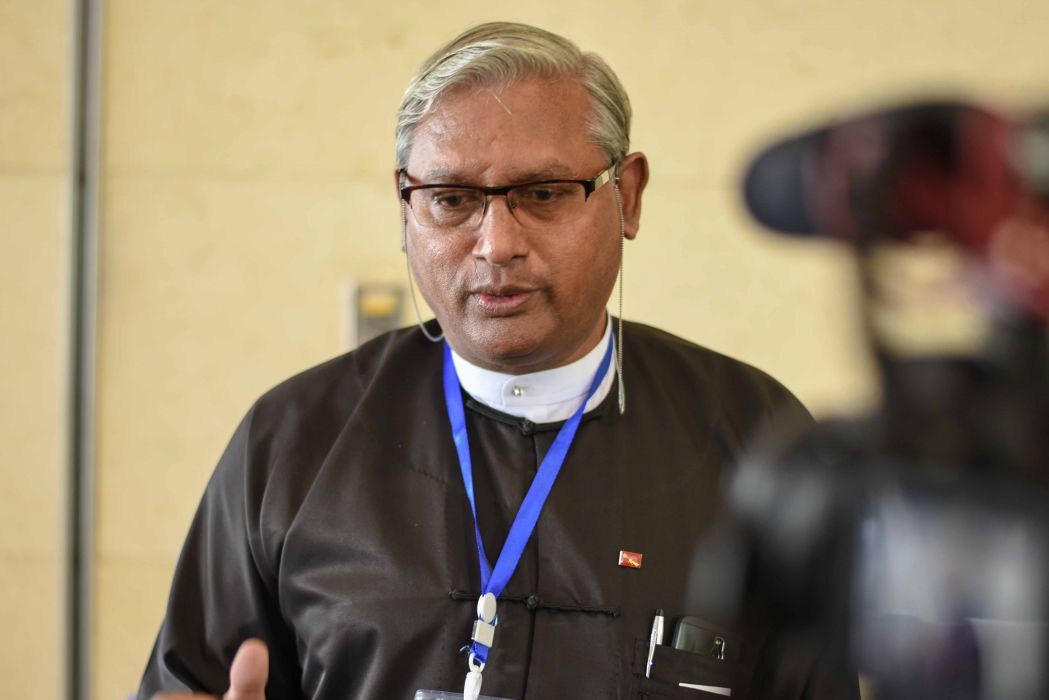In April last year, I took a foreign journalist to the downtown house of a prominent lawyer and government advisor in Yangon.
This was around the time that the newly elected National League for Democracy was trying to carve out a role for its longtime leader Aung San Suu Kyi.
The military-drafted constitution prevents anyone with foreign children or a spouse from becoming president, and her two sons respectively hold citizenship in the UK and the US.
The party put forward Suu Kyi’s aide Htin Kyaw for the presidential post, but that still left us all wondering about a title for The Lady that would enable her to claim rightful leadership of the civilian government.
Surrounded by books, the lawyer and adviser seemed confident that it would all work out. He had come up with a solution.
“Everyone will be amazed,” he said. “There will be a new position for Daw Aung San Suu Kyi, which I can’t tell you about now.”
We left with more questions than answers, but a few days later the government announced that Suu Kyi would occupy a new position titled “State Counsellor.”
The adviser was, of course, U Ko Ni, who was assassinated in broad daylight at the Yangon International Airport on January 29. A heroic taxi driver, Ne Win, was shot dead while trying to chase after the suspect. At least two suspects have been arrested.
I don’t want to take time here to speculate about the motives behind U Ko Ni’s murder. Some think it was related to his work on amending the constitution, while others think he was targeted for being a Muslim. The answers will hopefully come, and justice will hopefully be served.
Instead, I want to use this space to pay tribute to a man I have known and admired for years.
Normally dressed in a signature black and red traditional jacket, he was tall and imposing but had a delicate voice when he spoke.
He sometimes held seminars and training sessions on a variety of topics, and I attended them. He treated us young people respectfully.
When we asked questions, his answers were precise. When I became a journalist and would interview him for a story, he was patient with me. On difficult points, he would often say, “Do you understand?” If I didn’t, he would back up and explain again.
He worked on sensitive issues, including religious tolerance and the 25 percent allotment of parliamentary seats to the military. At a time when the Muslim community had no official representation in parliament, he didn’t forget them and remained an advocate for their rights.
He was doing this work up until the days before he died. In late January, he was part of a meeting between Muslim leaders and immigration officials to discuss issues related to citizenship documentation.
Although he received threats, he kept working. At the hospital just after her father’s death, his daughter Dr. Yin Nwe Khine said he attracted a lot of hatred because he “spoke the truth.”
But just as he attracted enemies, he attracted friends. This is why we saw throngs of people of all different religions pay their respects at his funeral in Yangon.
No matter what happens now, I like to think that U Ko Ni would have wished for someone in Myanmar to continue his work, which, in the end, was all about reducing suffering.
People can be killed, but voices live on.
Aung Naing Soe is a Burmese journalist from Yangon.




